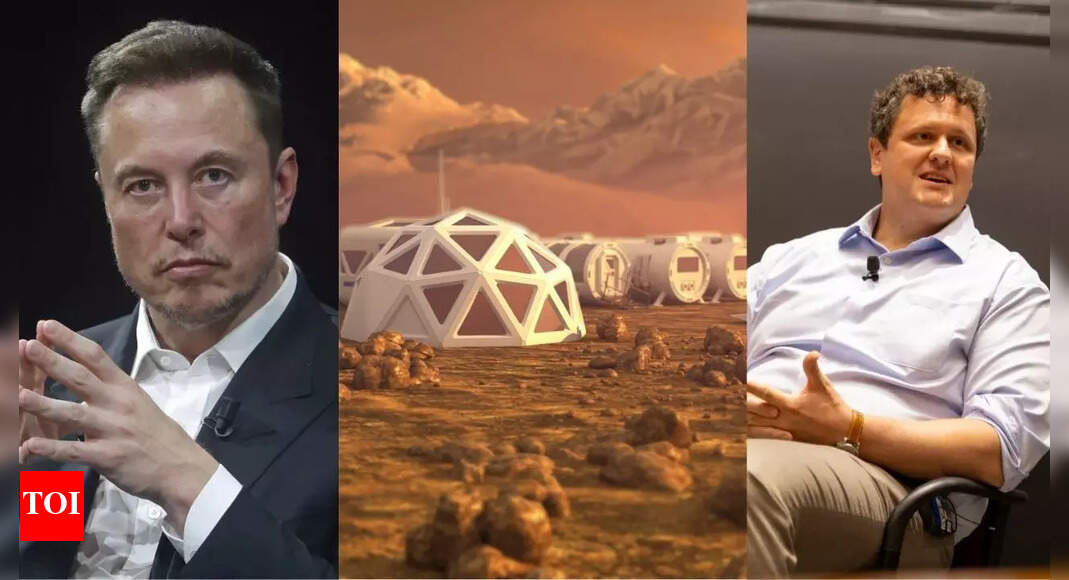Elon Musk’s long-standing dream to colonize Mars has come under sharp criticism from renowned astrophysicist and author Adam Becker, who calls it “the stupidest thing” one could pursue. In a recent interview and in his new book More Everything Forever, Becker argues that efforts by billionaires like Musk and Jeff Bezos to settle Mars are nothing more than “sci-fi fantasies” detached from scientific and ethical realities. Despite Musk’s framing of Mars as a backup plan for humanity in the event of a global catastrophe, Becker insists that even a damaged Earth would remain far more habitable than the red planet. He believes these grandiose space ambitions are more about escaping fears than solving real problems.
Elon Musk’s Mars vision: “Stupidest thing” says Becker
Becker takes a blunt stance on Musk’s idea of Mars as a “lifeboat” for humanity. “We could get hit with an asteroid, detonate every nuclear weapon, or see the worst-case scenario for climate change, and Earth would still be more habitable than Mars,” he told Rolling Stone. He cites the planet’s lack of breathable air, radiation exposure, and extreme conditions as insurmountable barriers. His critique also targets the illusion that technology alone can make Mars livable. “Any cursory examination of facts about Mars makes it clear, it’s not a place for humans,” Becker asserts.
Childhood wonder meets scientific reality
Once a strong believer in space colonization, Becker admits that his views changed as he studied the harsh truths of space environments. “As I got older, I realized, ‘Oh, that’s not happening.’ We’re not going to go to space, and certainly not to make things better,” he told The Harvard Gazette. He accuses tech billionaires of pouring resources into escapist dreams instead of addressing problems on Earth. According to him, their space crusades reflect deep-seated fears rather than rational strategy.
Scientists warn of risks in billionaire space ambitions
Becker isn’t the only critic. Fellow astrophysicist Lawrence Krauss has also denounced Musk’s Mars plan, calling it “logistically ludicrous” and “scientifically and politically dangerous.” Despite these warnings, Musk remains committed to his goal of building a Mars colony with at least one million people, positioning SpaceX as the spearhead of this vision. Yet experts argue that such ambitions, if rushed or poorly planned, could have disastrous consequences both scientifically and socially.
